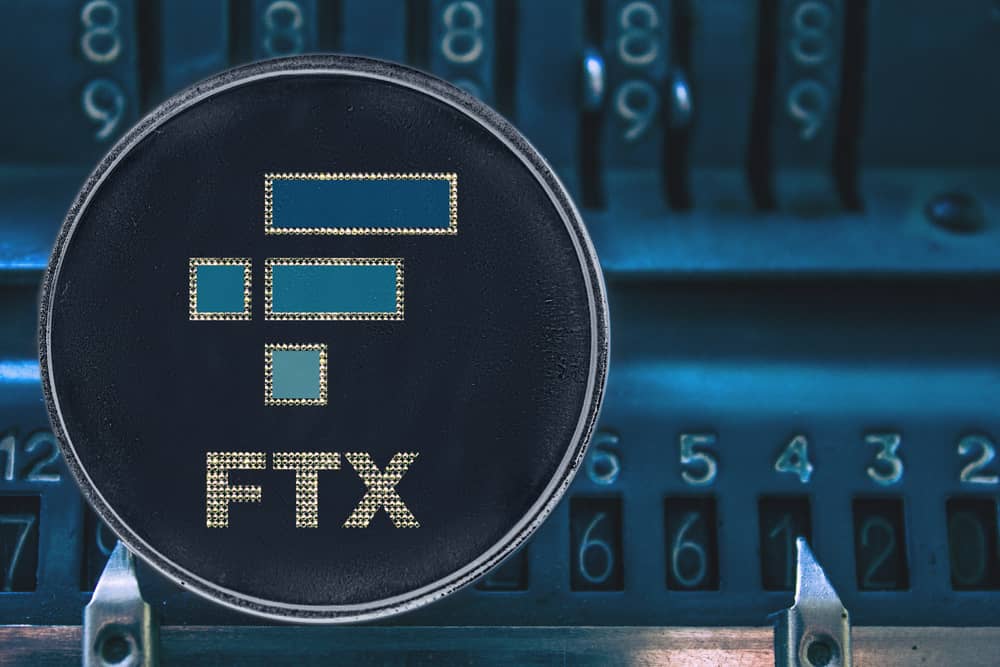The collapse of Sam Bankman-Fried’s FTX empire has left the crypto industry reeling amid concerns over a lack of trust, limited regulation and the potential for fraudulent activity to occur at the top of the space.
In just a matter of weeks, Bankman-Fried – otherwise known as SBF – went from being seen as the ‘respectable’ face of crypto to facing criminal charges the finance industry has not seen since the days of Bernie Madoff after reports revealed fraudulent activity in the finances of FTX.
FTX filed for bankruptcy on 11 November 2022 after SBF admitted the company did not have sufficient assets to pay its customers causing the CEO’s estimated net worth of $26bn to be wiped out.
The news sent shockwaves through the crypto industry, with the three FTX exchange-traded products (ETPs) listed in Europe forced to shut after issuers could no longer price FTX’s tokens while the wider crypto industry saw $183bn wiped from its market cap.
As CoinShares stressed in its Q4 2022 results: “The entire digital asset sector was negatively impacted by the unexpected insolvency of FTX and the revelations of widespread fraud that continue in the wake of this unexpected event. Like many others, we did not circumvent FTX’s bankruptcy unscathed.”
The need for regulation
The saga shows what can happen when an industry is left to regulate itself. The digital assets community has had some success in shaking off its ‘wild west’ tag in recent years amid the growing adoption of institutional investors and greater participation from the wider banking and asset management space.
However, the underlying market ironically remains an opaque black box where there are no requirements for proof of reserves, effective management of liquidity or any stress on due diligence.
Gary Buxton, head of EMEA ETFs at Invesco, which launched its first crypto ETP in January 2022, warned the recent failure of FTX and the terra stablecoin last March has increased the need for more effective regulation.
“Blockchain technology has the potential to revolutionise many areas of industry, but perhaps nowhere more so than in financial services, where the development of cryptocurrencies has already challenged many of the traditional paradigms,” Buxton continued.
“While some areas of the cryptocurrency industry may continue to push back against regulation, many more now recognise its benefit for the growth of the industry as a whole.”
The European Union has taken a lead from a regulatory perspective with the Markets in Crypto-assets (MiCA) which covers the issuance of, intermediating and dealing in cryptoassets. This wide-ranging directive focuses on consumer protection and financial stability, no easy task for an asset class still recovering from its biggest scandal since inception.
Overall, the digital assets industry is certainly not done yet, however, regulation is essential if it is to take the next step on its rollercoaster journey.
This article first appeared in ETF Insider, ETF Stream's monthly ETF magazine for professional investors in Europe. To access the full issue, click here.




